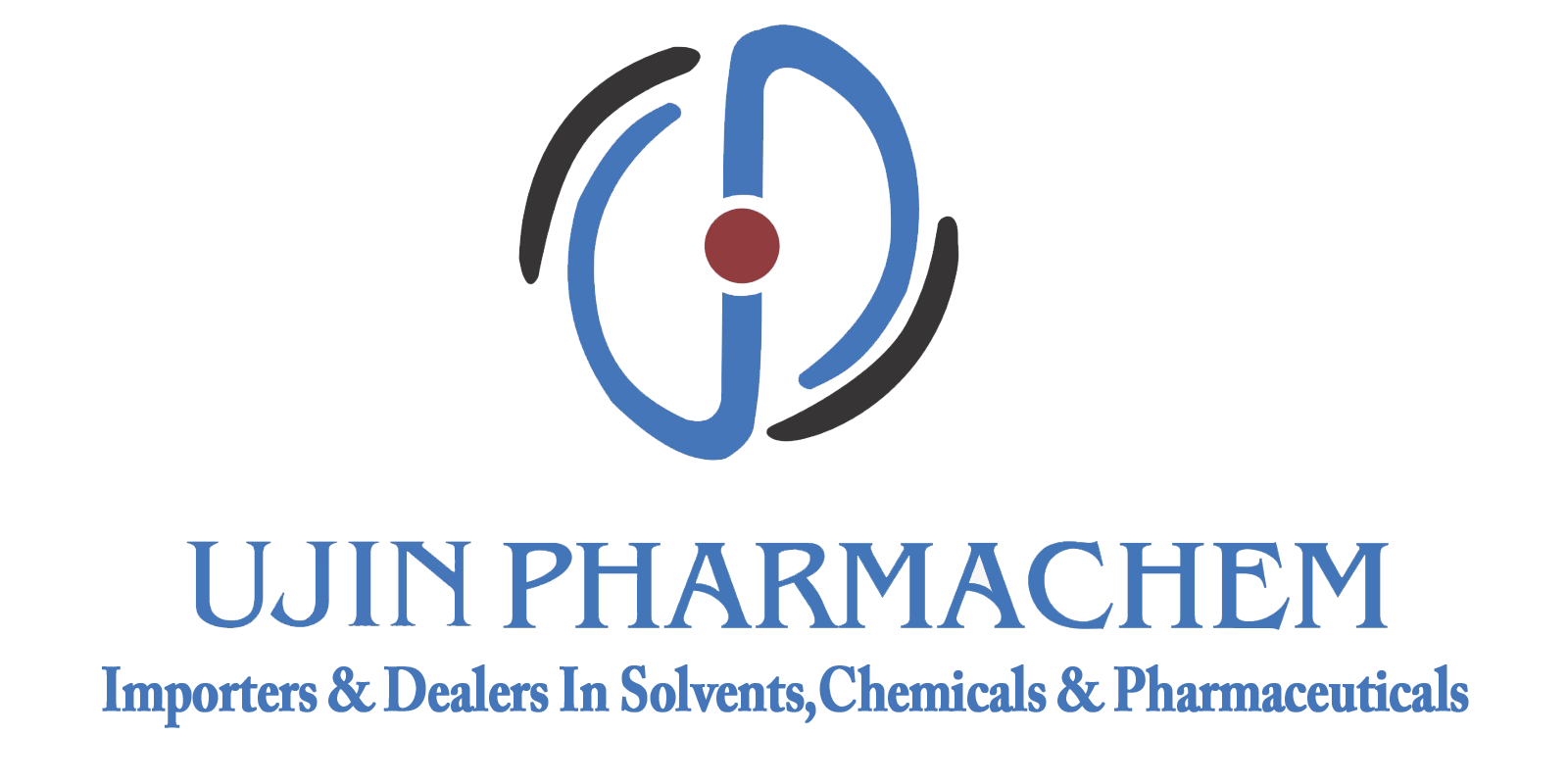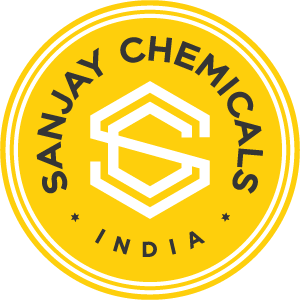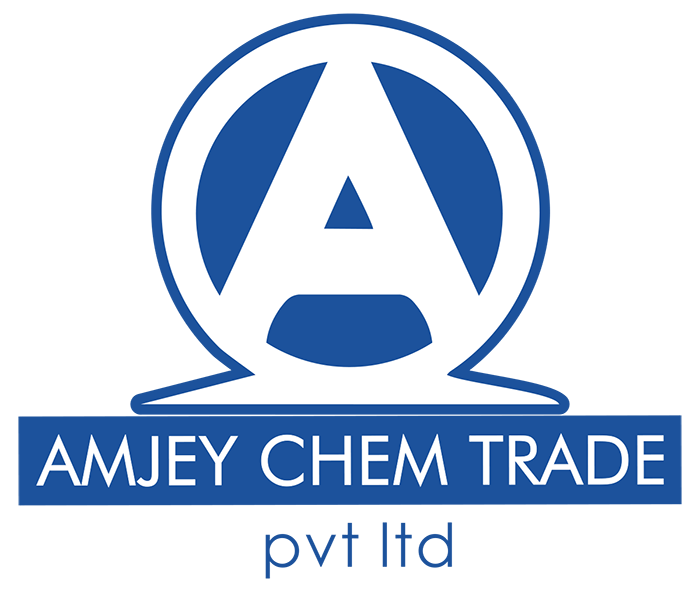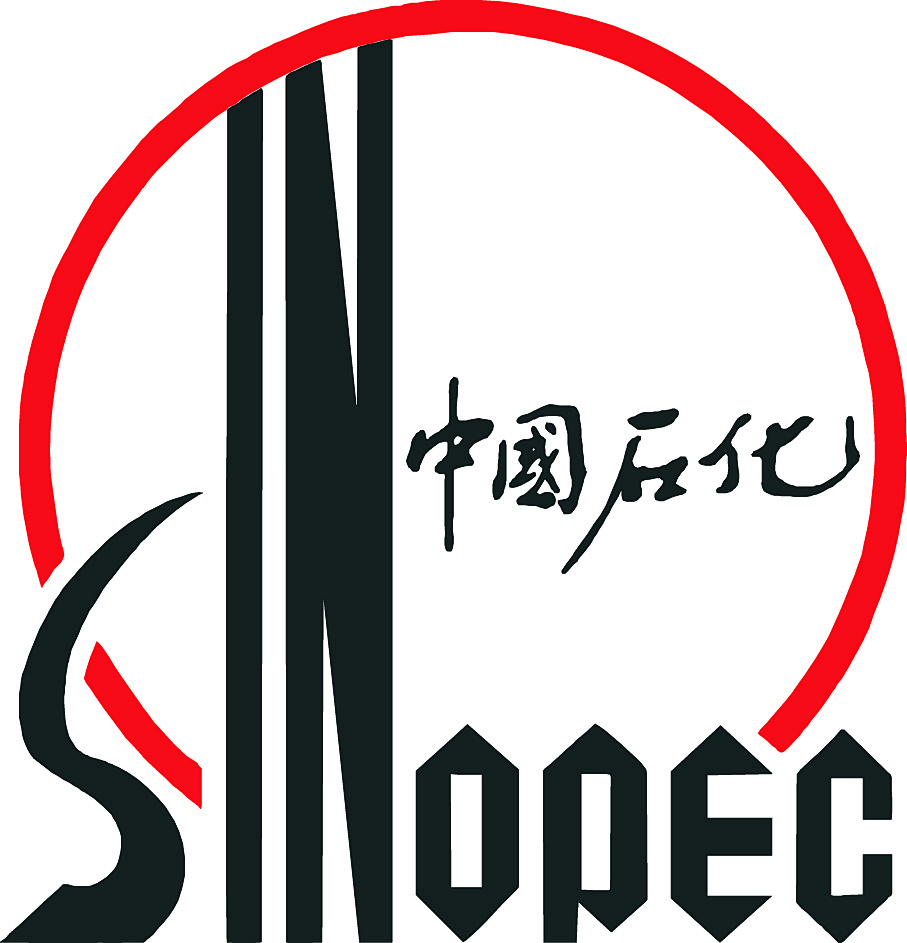
APPLICATIONS
(1) As an important raw material in polyurethane synthesis, diethylene glycol can improve the flexibility of the material and play the role of crosslinking agent. It is widely used in furniture, automobiles, construction, textiles, waterproof coatings, adhesives and other fields.
(2) diethylene glycol is an important component of a variety of solvents, which can be used to dissolve dyes, paints, inks and resins, and is an important raw material for printing, dyes and coatings industries. At the same time, it can also be used as natural gas dehydration desiccant, aromatic hydrocarbon separation extractant, textile lubricant, softener, finishing agent, and nitrocellulose, grease and other solvents.
(3) In cosmetics and skin care products, diethylene glycol is often used as a moisturizer and softener, which can penetrate into the surface of the skin, maintain the humidity of the skin, and improve the moisturization and use of the product.
(4) As an intermediate, diethylene glycol can be used to synthesize other organic compounds, such as surfactants, plasticizers, lubricants, etc., and can also be used to synthesize fragrances and drugs, such as antibiotics, anti-tumor drugs, etc.
(5) In the field of pesticides, diethylene glycol can be used to prepare herbicides, such as glyphosate.
(6) diethylene glycol can also be used as brake fluid, capacitor fluid and other electrical fluids, as well as antifreeze components in compressor lubricating oil.
(7) In the food industry, diethylene glycol is used as a stabilizer and moisturizer, which can help maintain the freshness and taste of food, and can also be used as a disinfectant for food packaging materials.
(8) Diethylene glycol can also be used as a biofuel to replace petroleum, and mixed with other compounds to prepare renewable energy such as biodiesel, which helps to reduce environmental pollution.
INDICATORS

ABILITIES
1. Packing: barreled, scattered water
2. Logistics: car transportation, shipping
3. Payment request: EXW/FOB/FCA/CFR only accepted
![]() +086 1911-7288-062 [ CN ]
+086 1911-7288-062 [ CN ]




































































































